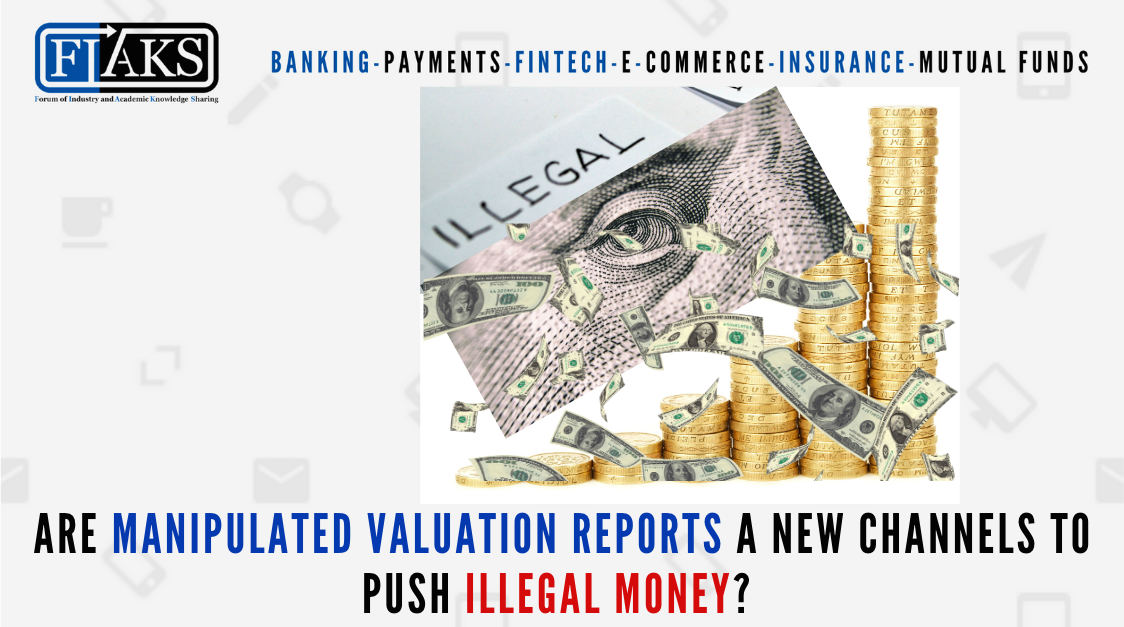Several Founders, Co-Founders, CXO Bankers, CXO Fintech professional & people who participated in the ePanel discussions:
- Mr. Ahmed Yusuf, former Executive Director, Unity Bank, Nigeria
- Mr. Shirsha Ghosh, Co-Founder, Torit Innovations
- Mr. Neeraj Chandra, Head of Operations and Technology, India, Abu Dhabi Commercial Bank
- Mr. Kamonasish Aayush Mazumdar, Founder & CEO at Foodieverse
- Mr. Taron Mohan, CEO & Promoter, NextGen Telesolutions Pvt Ltd
- Mr. Ajay B Panicker, CEO & Founder, NetPay Limited
- Ms. Aishwarya Jaishankar, Co-Founder Hyperface Technologies
- Mr. Hemal Shah, former Technical Product Manager, Mastercard
- Mr. Sharad Goklani, former CTO at Equitas Small Finance Bank
- Mr. Vikas R Panditrao, Co-Founder, Forum of Industry and Academic Knowledge Sharing (FIAKS)
- Many other CEO/CXO Bankers & Fintech professionals on FIAKS Forum requested to remain anonymous
So one of the FIAKS community bankers anonymously raises this question, he says Fintech companies that have no revenue potential are getting huge investments by manipulating valuation reports. He further adds, “I fully understand that huge value created by Uber, WhatsApp, Google, Facebook, and many other innovations. My worry is that hope it has not become a new channel to push illegal money into Bogus companies. And how do we know this? As no one thought raising a hand to stop an auto was a customer pain point. Few companies are ahead of time and the orthodox mind may not capture the value it brings in today. At the same time, companies can take advantage of these arguments to attract high valuations/inflows.”
Do we know where are these monies being spent by these fintech companies? Shouldn’t RBI do an independent audit that may expose possible nexus?
Shouldn’t the country, RBI, and sponsor banks worry about these monies coming into the country with a very different objective of say funding terror or funding individuals who are involved in the anti-national activities or funding agitations, etc?
It may happen that terror organization is creating a web of the transaction to show that it clean money and routing it into the country? Chief Risk Officers who are system-dependent might have no clue at all and give a green signal.
Well, this is an interesting angle to looking at the funding coming in here;
- Sometimes it is scary on the amount flowing and purely on “burning” With no business plan or a long-term roadmap to build a constructive business venture.
- Not just fintech any bank account getting overseas funds has a lot of scrutinies, this is why a lot of global VCs are apprehensive about India. Likewise when funds are sent outside of the country by any fintech. These are exceptions, and this is exactly why banks have invested in tighter controls and processes, see them as a % to total transactions processed by the bank and the penalties are crazy.
- Western economies close their eyes to inflows but are wide awake on outflows. They then stick it on the receiving counties as recipients of illicit funds.
- All developing countries are busy marking inflows and whacking them but the West is mute on theirs especially if they invest wisely.
Here are a few past incidents:
- The rise and fall of Dubai’s Abraaj Group. They were managing $14bn in assets are now fighting for their futures, as they face multiple fraud charges in the world’s biggest private equity insolvency case [1]
- HSBC moved Ponzi scheme millions despite warning [2]
- What is the €3.5 billion Wirecard scam? In April 2020, KPMG dropped a bombshell, revealing that it could not verify cash balances of €1 billion, and was unable to trace vast sums of advances to merchants. [3]
- What is 1MDB? & Goldman Sachs role: Originally 1MDB – an abbreviation of 1Malaysia Development Berhad (which means limited) – was nothing more than a Malaysian state fund, set up in 2009 to promote development through foreign investment and partnerships. The then prime minister, Najib Razak, was its chairman. The fund has since been at the heart of one of the biggest corruption scandals in the world. The US justice department believes more than $4.5bn was stolen and the resulting scandal has been responsible for the toppling of a government. [4]
Some different perspectives put in by a member;
- Just because a fintech gets huge investment does not equal dirty money is invested in them. Personally, I don’t see a justification for a huge valuation unless there is a rational potential to earn profits, but that’s my personal view.
Register and Read the complete bespoke discussions

